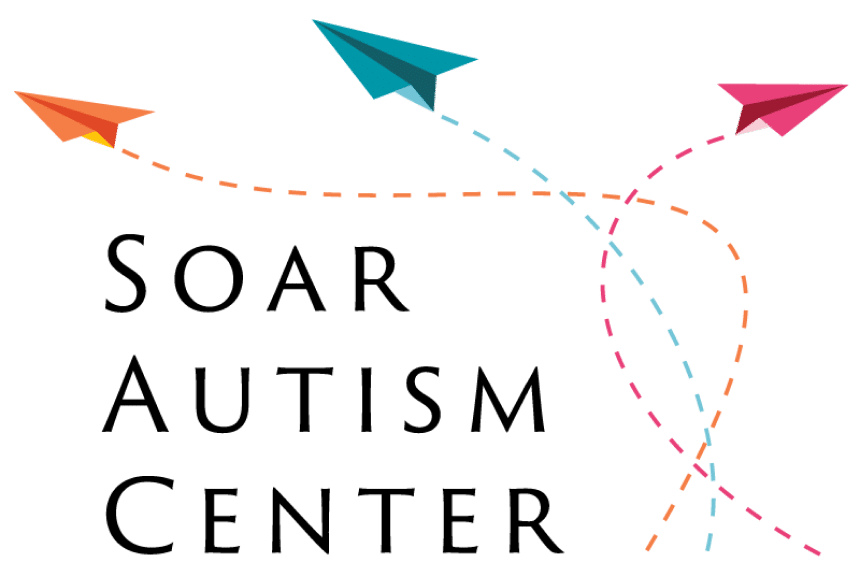Diagnosing children aged 18 months to under 5 years
Discover the importance of early intervention with our comprehensive autism diagnostic services.


Understand your child’s development
Each child develops differently. If you’re concerned about your child’s development, testing for autism or other developmental conditions may be worth considering.
Early action matters
Early intervention can lead to significant improvements in a child’s development andquality of life.
The importance of diagnosis
A formal diagnosis of autism allows individuals and their families to access a range of support services tailored to their specific needs.
Our diagnostic assessment team
Meet our diagnostic assessment team, dedicated to providing comprehensive evaluations for accurate diagnosis and tailored intervention plans.
How to arrange a direct assessment for your child
Initial appointment
Virtual intake
In-person testing
Virtual feedback and report
At-home screening
Assess your child’s risk for autism at the comfort of your own home with M-CHAT-R, our free online screening tool.
What is M-CHAT?
M-CHAT stands for the Modified Checklist of Autism in Toddlers.
Who is it for?
This screening tool is is intended for toddlers 16-30 months of age.
How do I use it?
M-CHAT consists of a series of 20 yes/no questions that a parent or caregiver answers about their child.
FAQs
What types of diagnostic testing do you perform for autism?
Our standard approach is a a comprehensive intake, an ADOS-2, and a Vineland-3. These tools are used to identify autism spectrum disorders (ASDs) in children, focusing on communication, social interactions, behaviors, and other areas. Additional tests can be added based on the specific child circumstances, if needed.
How do I know if my child should be tested for autism?
If your child is showing signs of delayed speech, challenges with social skills, unusual behaviors, or difficulties with changes in routine, it may be beneficial to undergo an autism diagnostic evaluation. These signs can appear as early as 12-18 months of age. If you’re not sure, we recommend consulting with one of our specialists who can guide you through the process and determine if diagnostic testing is appropriate.
What can I expect during the diagnostic testing process?
The diagnostic testing process involves several steps, beginning with an initial consultation to gather detailed medical and developmental history. Following this, a series of assessments tailored to your or your child’s specific needs will be conducted. These may include direct observation, interactive assessments, and interviews. The entire process is designed to be comprehensive and supportive, ensuring a thorough understanding of each child’s unique strengths and challenges.
How long does it take to receive the results of the testing?
The time frame for receiving diagnostic test results can vary depending on the complexity of the case and the specific assessments administered. Typically, preliminary results are discussed immediately following the evaluation, with a detailed report provided within 2 to 4 weeks. This report includes diagnostic findings, recommendations for support and intervention, and resources for further assistance.
Will my insurance cover the cost of autism diagnostic testing?
Typically, yes, and Soar is in-network with the vast majority of insurance plans. However, insurance coverage for autism diagnostic testing can vary by individual plan, and as such, we contact your insurance company directly to inquire about coverage specifics prior to the assessment. Our clinic also offers guidance and support in navigating insurance questions and can assist with providing necessary documentation for insurance claims.
Find the best care for your child
Discuss your child’s unique needs and learn more about our comprehensive autism care approach.





